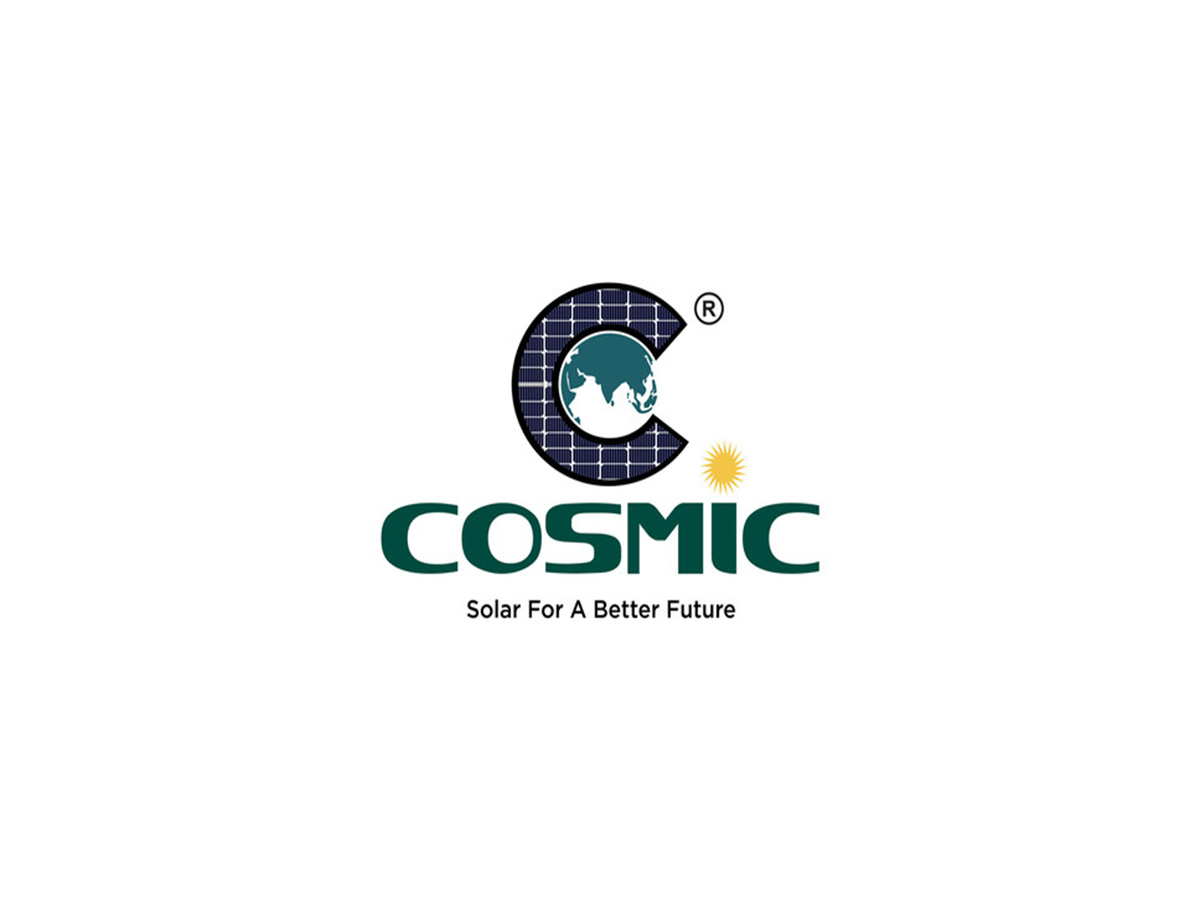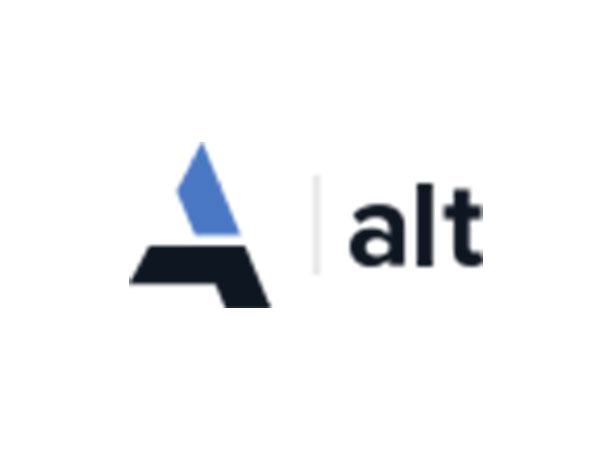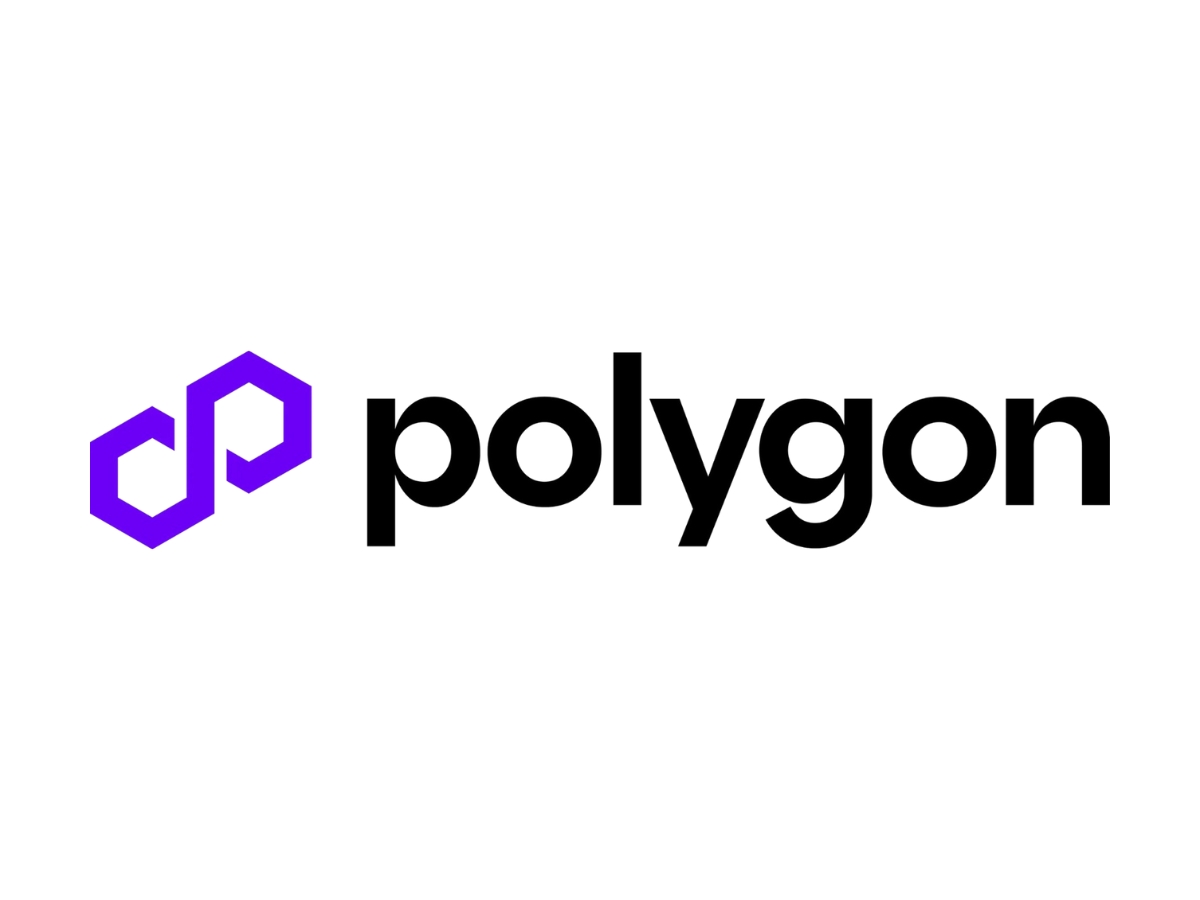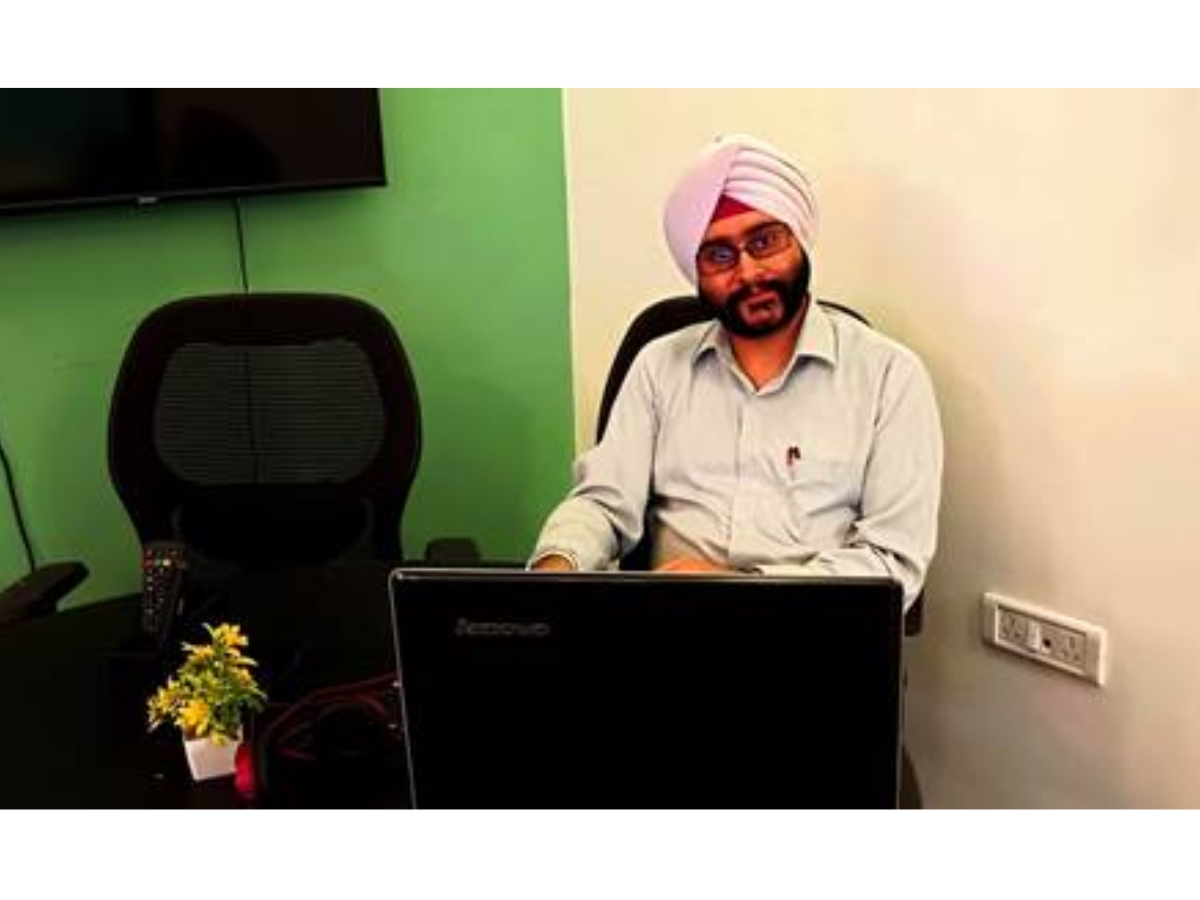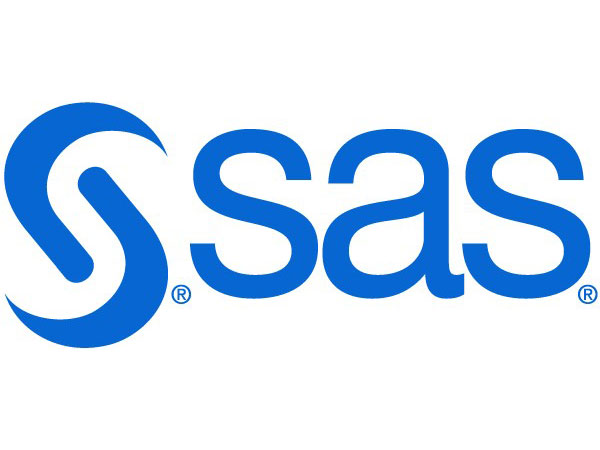
IAEA calls for clarity from Iran on enriched uranium
Sep 04, 2025
Vienna [Austria], September 4: After attacks on Iran's nuclear facilities, the International Atomic Energy Agency (IAEA) said it is increasingly concerned about the whereabouts of highly enriched uranium.
IAEA chief Rafael Grossi demanded access to the material in a new report on Wednesday.
The agency's inspectors left Iran following the Israeli and US attacks in June, and Tehran has suspended its cooperation with the nuclear watchdog in Vienna.
An IAEA team first returned to Iran at the end of August but were were only allowed to inspect one nuclear power plant, but not the more than 400 kilograms of highly enriched uranium.
The inspectors are focusing on highly enriched uranium stocks they say are "cause for serious concern," according to the confidential report seen by dpa. Grossi noted that Iran is the only state without nuclear weapons that has such material at its disposal.
The IAEA set the goal in the past of being able to detect any possible misuse of this uranium for military purposes within a month.
But two and a half months have passed since the most recent inspection, Grossi noted in his report, in which he said a review is "overdue."
A senior diplomat said that under an agreement with the IAEA, Iran would be required to submit a special report on the status of its nuclear material following events such as attacks or earthquakes. This would be the basis for the IAEA to carry out inspections.
Further talks between representatives of the nuclear agency and Iran are planned in the coming days, the diplomat said.
Demands to leave nuclear pact
Iran denies seeking nuclear weapons. But on Wednesday, dozens of lawmakers in Tehran called for the country to swiftly withdraw from the Nuclear Non-Proliferation Treaty, which prohibits countries without a nuclear arsenal from acquiring nuclear weapons.
The call comes in response to the imminent reintroduction of tough international sanctions.
Sixty lawmakers called for the withdrawal from the international agreement during a parliamentary session, the Didban news portal reported on Wednesday.
It is unclear whether lawmakers will be successful in their efforts.
The Security Council and Iranian Supreme Leader Ayatollah Ali Khamenei ultimately have the final say.
Germany, France and the United Kingdom - in this context known as the E3 - recently initiated the process for the reintroduction of old UN sanctions.
The background to this is a mechanism in the 2015 Vienna nuclear deal, which expires in mid-October. This so-called snapback mechanism allows the parties to the nuclear deal, which includes the E3, to reimpose sanctions in the event of violations by Iran.
At the heart of the nuclear dispute is the international community's concern about Iran building a nuclear bomb. Tehran has repeatedly denied that its nuclear programme is anything but civilian in nature.
In the Vienna nuclear agreement, Iran committed to limiting its nuclear programme. In return, sanctions were to be lifted. However, during his first term in office, US President Donald Trump unilaterally terminated the agreement.
Source: Qatar Tribune


